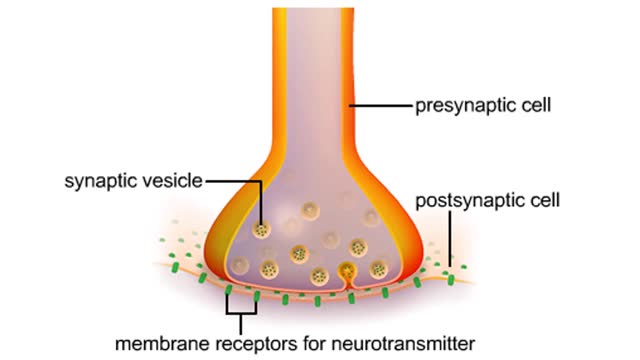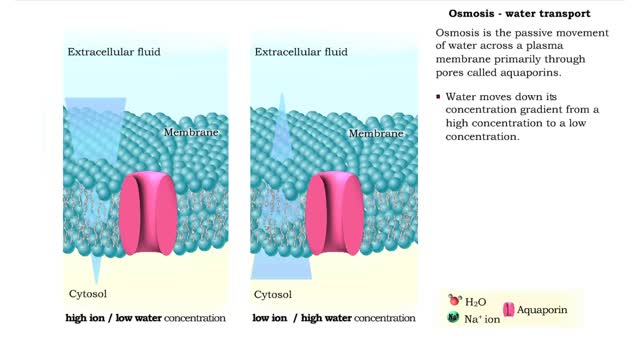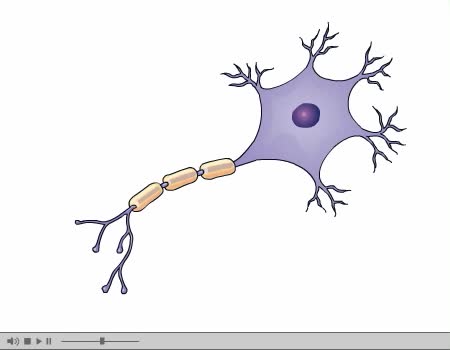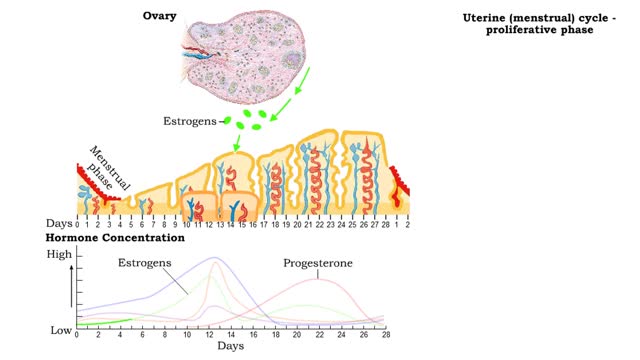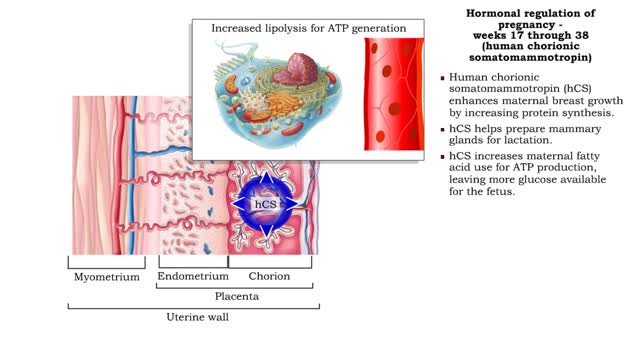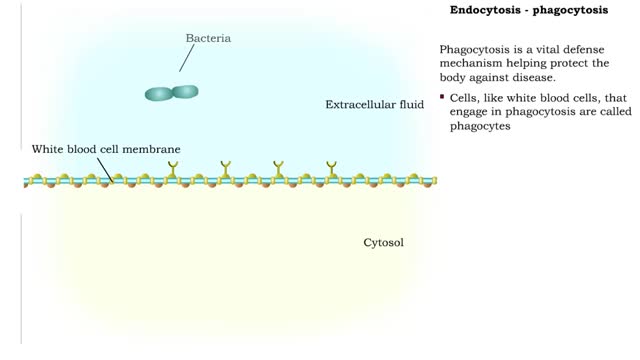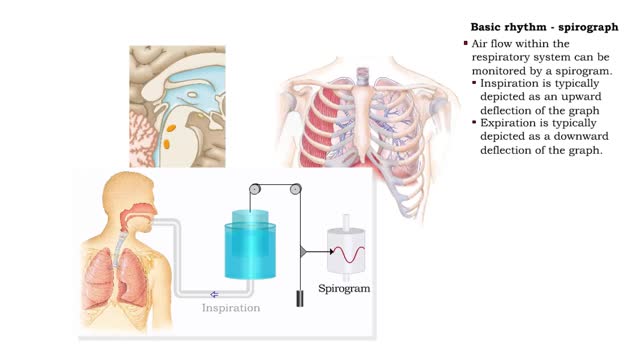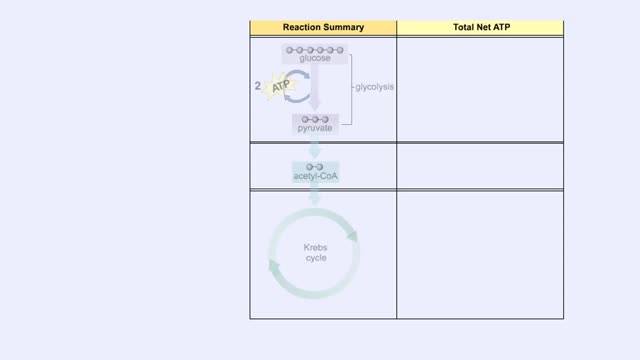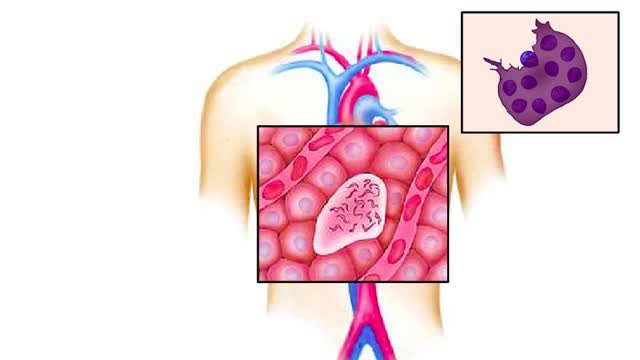Search Results
Results for: 'The Pressure Flow Model in a Plant'
By: HWC, Views: 7994
A neuromuscular junction is a chemical synapse between the axon endings of a motor neuron and a muscle cell. A narrow synaptic cleft separates the presynaptic cell (the motor neuron) from the postsynaptic cell (the muscle cell). The presynaptic cell contains vesicles filled with neurotransmitt...
By: HWC, Views: 10691
Osmosis is the flow of water down its concentration gradient, across a semi-permeable membrane. Osmosis is an example of diffusion, which is when molecules tend to distribute themselves evenly in a space. what is a semi-permeable membrane? It is a membrane or barrier that allows some molec...
Nerve Impulse Transmission Animation
By: Administrator, Views: 13965
How nerves transmit impulses. Stimulation of a nerve occurs at a receptor. Sensory receptors Specialized to specific types of stimulation such as heat, cold, light, pressure, or pain. React by initiating a chemical change or impulse. All-or-none principle Means that no transmission occ...
Uterine (menstrual) cycle - phases
By: HWC, Views: 10488
• The uterus goes through a cyclical developmental pattern to be ready for implantation and support of an embryo. • The uterine, or menstrual, cycle is under the control of ovarian horrnones. • The uterine cycle also has three phases: • Menstrual phase • Proliferative phase �...
Hormonal regulation of pregnancy - weeks 17 through 38
By: HWC, Views: 10807
• Estrogens increase uterine blood flow, maintaining the endometrium during pregnancy. • High levels of estrogen and progesterone inhibit the synthesis of milk. Progesterone inhibits myometrial contractions of the uterus to prevent premature birth. • Relaxin inhibits myometrial contract...
Endocytosis -Types and Phagocytosis
By: HWC, Views: 10599
Endocytosis is the process by which a substance is brought inside a cell without having to pass through the cell membrane. It is the opposite of endocytosis, the process by which substances exit the cell without having to pass through the cell membrane. Exocytosis – membrane-enclosed secret...
Basic rhythm - control centers in medulla oblongata, spirograph and normal tidal cycle
By: HWC, Views: 10378
• Normal ventilation is rhythmic and involves continuous cycles of inspiration and expiration. • Various regions of the brain closely regulate this rhythmic pattern of ventilation. • The rhythmicity area in the medulla regulates the basic rhythm of ventilation. • The medullary rhy...
ETC Protein Complexes & Chemiosmosis (Total ATP Production and ATP Synthase)
By: HWC, Views: 10280
You will notice that FADH2 donates two electrons further downstream than NADH. This results in only two protons being pumped across the inner membrane. The final electron acceptor for these transported electrons is oxygen. Oxygen receives these electrons, plus protons from the aqueous matrix. ...
Apicomplexan life cycle Animation
By: HWC, Views: 4942
Malaria is caused by the sporozoan, Plasmodium. It is transferred to humans by mosquitoes. When an infected mosquito feeds, infective sporozoites move from her salivary glands into the human body. The bloodstream carries the sporozoites to the liver. Here, they reproduce asexually and...
Advertisement



